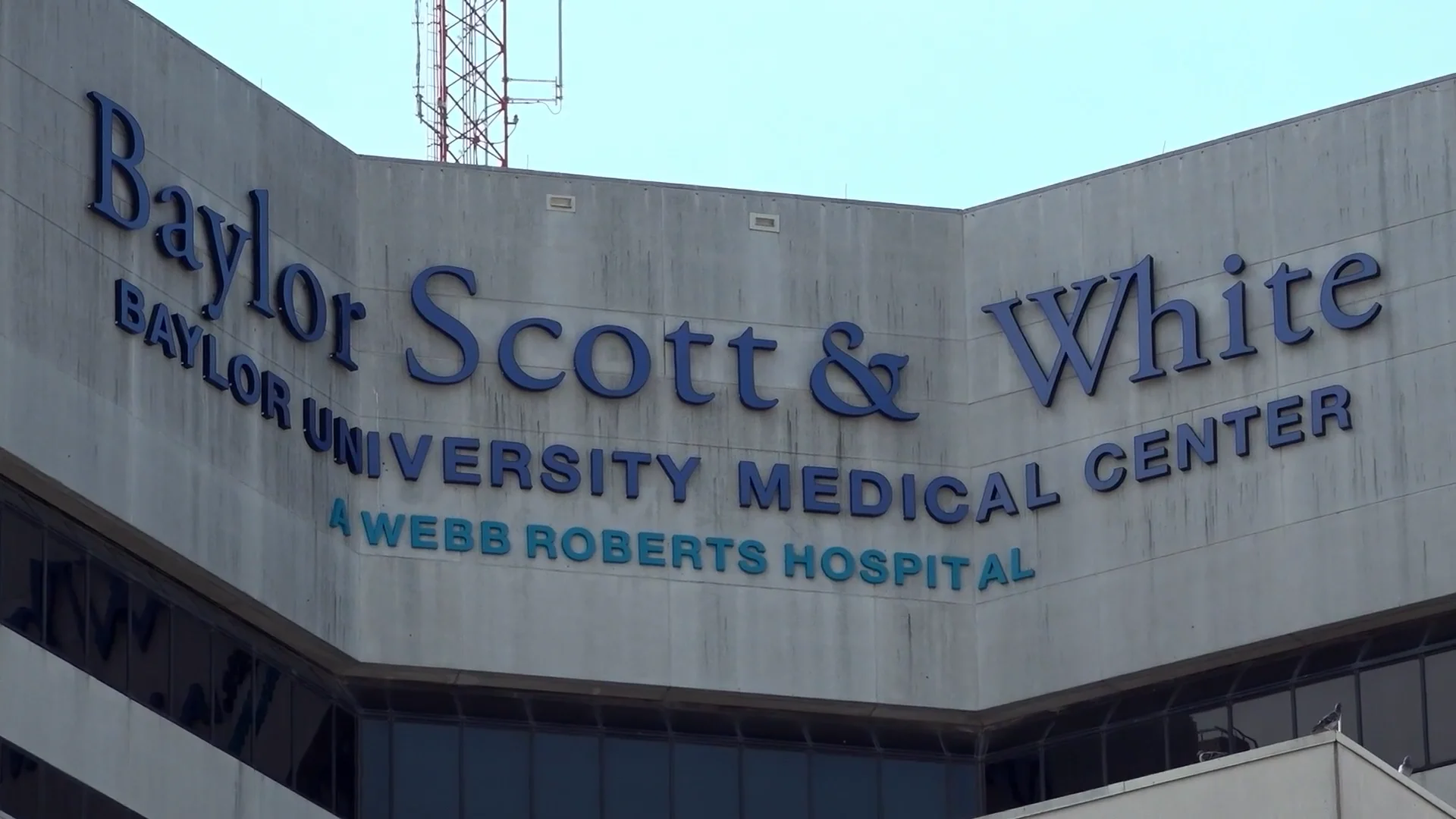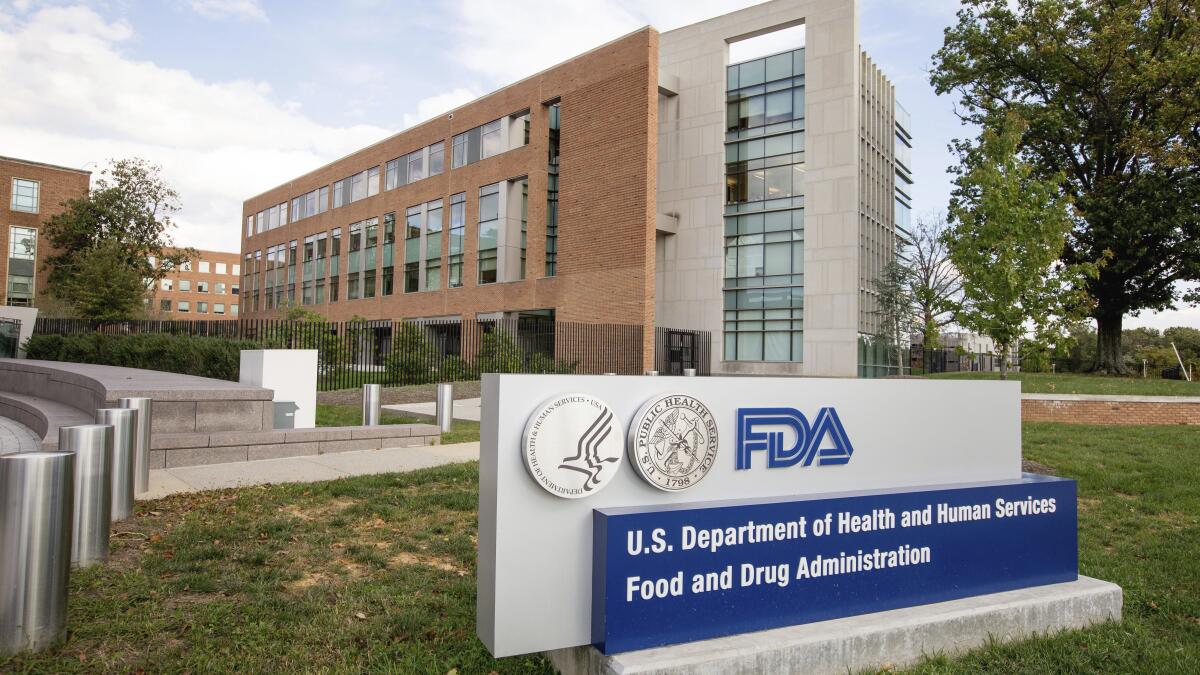
A Turbulent Turn in Public Health Policy
The landscape of public health policy is often shaped by the interplay of scientific evidence, political ideologies, and leadership decisions. Recently, Robert F. Kennedy Jr. (RFK Jr.), a prominent figure in the American political arena, has indicated that he is contemplating a significant overhaul concerning the Preventive Services Task Force (PSTF). This potential move could have far-reaching implications for the way preventive health measures are prioritized, evaluated, and implemented across the United States.
The Preventive Services Task Force: Its Role and Importance
The Preventive Services Task Force is an independent panel of experts in disease prevention and health promotion. Established by the U.S. Department of Health and Human Services, the PSTF’s primary mandate is to review and synthesize current scientific evidence to recommend preventive services—such as screenings, counseling, and preventative medications—that may improve health outcomes and reduce disease incidence.
This panel’s recommendations influence a wide array of healthcare decisions, including insurance coverage policies, clinical practices, and public health initiatives. Their guidelines often serve as a benchmark for physicians, patients, and insurers alike, providing a scientific foundation for preventive care strategies.
RFK Jr.’s Perspective: Why Consider Removing the Panel?
Concerns About Political and Scientific Influence
RFK Jr. has voiced skepticism about the current role and functioning of the PSTF. His apprehensions primarily revolve around perceived biases, political influences, and the transparency of the panel’s decision-making processes. Some critics argue that the PSTF might sometimes be swayed by external pressures or conflicting interests, which could compromise the integrity of their recommendations.
RFK Jr. suggests that removing or restructuring this panel could allow for a more comprehensive or alternative review process—potentially leading to policies that better align with certain ideological, scientific, or public health priorities.
Policy Implications and Potential Outcomes
If RFK Jr. proceeds with removing or significantly altering the PSTF, the consequences could be profound:
- Shift in Preventive Care Priorities: A new or restructured body might emphasize different aspects of prevention, possibly focusing more on natural or holistic approaches rather than conventional medicine.
- Changes in Insurance Coverage: Since many preventive services are covered based on PSTF recommendations, their removal could impact what is deemed medically necessary, possibly leading to reduced coverage for certain screenings or immunizations.
- Impact on Scientific Integrity and Public Trust: The move could generate debate on the scientific basis of preventive health guidelines, influencing public confidence in healthcare recommendations.
The Broader Context: Political Motivations and Public Health Debate
RFK Jr.’s consideration of removing the PSTF is not happening in isolation. His stance is intertwined with broader debates about government oversight, scientific independence, and the role of politics in health policy. Critics of RFK Jr.’s proposal argue that removing a scientifically driven panel might undermine evidence-based medicine and weaken preventive health efforts.
Conversely, supporters believe that reforming or decentralizing the decision-making process could democratize health policy, giving more voice to diverse perspectives and reducing what they see as bureaucratic inertia.
The Historical Role of the PSTF and Future Prospects
The PSTF has historically played a vital role in shaping public health in the U.S., providing evidence-based guidelines that help prevent disease and save lives. For example, their recommendations have influenced vaccination schedules, cancer screenings, and lifestyle counseling programs.
Looking ahead, RFK Jr.’s proposal could usher in significant changes if implemented. It raises questions about:
- How health policies are formulated and by whom
- The importance of maintaining scientific integrity in guideline development
- Ensuring preventive measures are accessible, affordable, and based on the best available evidence
Any move to dismantle or replace the PSTF necessitates careful consideration of potential risks and benefits, including the impact on public trust, health outcomes, and the integrity of scientific advisory processes.
Conclusion: Navigating the Future of Preventive Health Policy
The potential removal of the Preventive Services Task Force panel by RFK Jr. signals a pivotal moment in America’s approach to preventive health. While the motivation stems from concerns over influence and effectiveness, the outcome could reshape how preventive services are prioritized and delivered nationwide.
As debates continue, stakeholders—including policymakers, healthcare providers, scientists, and the public—must weigh the importance of evidence-based guidance against calls for reform or alternative oversight mechanisms. Balancing scientific rigor, transparency, and diverse perspectives will be crucial in forging a health policy framework that optimally serves the public’s health interests.
For more updated news please keep visiting Prime News World.








